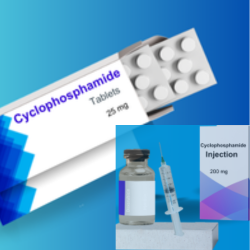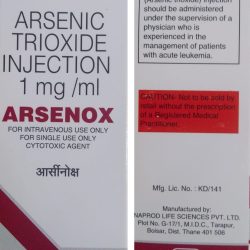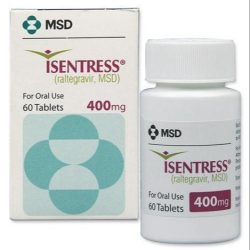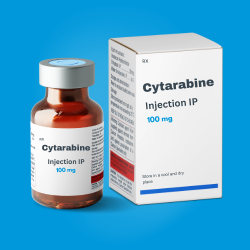Description
Uses of Medicine:
Cyclophosphamide Tablets (25 mg, 50 mg) and injections (200 mg, 500 mg, 1 g, 2 g) fall under the alkylating class of medicine. Patients, Healthcare Professionals, or Hospitals can buy Cyclophosphamide oral Tablets or Injections online from India through THE INDIAN PHARMA (a trusted Cyclophosphamide Supplier, Exporter, and Contract Manufacturer in India) for the management and treatment of several malignancies. This therapeutic drug is used for the treatment of:- Diseases Malignant: malignant lymphomas: lymphocytic lymphoma, mixed cell type lymphoma, Hodgkin’s disease, Histiocytic lymphoma, Burkitt’s lymphoma, multiple myeloma (MM), leukemias, mycosis fungoides, ovary adenocarcinoma, Neuroblastoma, Retinoblastoma, Breast carcinoma.
- Minimal Change Nephrotic Syndrome in The Pediatric Population: children with biopsy-proven minimal change nephrotic syndrome who had an inadequate response or could not tolerate adrenal corticosteroid therapy.
Autoimmune diseases such as lupus nephritis and rheumatoid arthritis are treated with Cyclophosphamide Tablets 25 mg/50 mg. This medicine helps to treat chronic lymphocytic leukemia (CLL) and multiple myeloma (MM). It is also used for certain types of lymphomas.
It is effective in treating breast cancer, ovarian cancer, and lung cancer. Cyclophosphamide IV treatment is also effective in Non-Hodgkin’s Lymphoma and Hodgkin’s Lymphoma. This intravenous preparation is useful in bone marrow transplantation conditioning regimens. It is given in severe autoimmune diseases when there is no response to oral therapy.
Other Limitations:
The use of this medicinal product for treating nephrotic syndrome in adults or other renal disorders has not been proven to be safe and effective.Infection risks may increase due to immune suppression while this medicine is being taken, and patients must be extra vigilant in monitoring illnesses, including any fever, moderate sore throat, or unusual lethargy that extends beyond the reasonable timeframe should be reported to their physician. Bone marrow failure is another worrying side effect of this medicine which can have very low blood cell counts, leading to anemia, infections, or bleeding problems that need immediate medical attention. Regular blood tests are necessary for all patients to monitor blood cell counts and avoid complications.
Cardiotoxicity is one of the complications that affect the cardiovascular system. Those with prior heart disease should be monitored regularly for complications which can include arrhythmia, heartbeat irregularities, shortness of breath, and swelling of the extremities.
Patients with chronic kidney disease must always be on the lookout for signs of toxicity as it relates to the kidney’s function. Symptoms such as below-normal urine output, edema, or increased creatinine levels are easily noticeable.Dosage & Side Effects:
The dose of Cyclophosphamide is individualized according to the patient’s condition, body weight, general health, and how he or she is responding to therapy.- Oral Tablets: Cyclophosphamide tablets are taken once daily, or they may be taken in multiple doses, as prescribed. They are to be taken with a full glass of water. Administer with or without food as instructed by the doctor. Take plenty of fluids during the day to minimize the chance of damage to the bladder. Adjustments to dosage may be required depending on blood tests and adverse effects experienced.
- Injection (IV Form): The injection formulation of Cyclophosphamide is administered during hospitalization or in a clinic setting. This form is given as an intravenous slow infusion or bolus injection, depending on the condition. This is usually given once every few weeks during chemotherapy cycles. To minimize risk of bladder damage, hydration therapy and protective drugs are often employed.
Like all medications, these forms should only be used with close supervision by a clinician who will perform blood tests and check the patient’s kidney function regularly.
The most common side effects of Cyclophosphamide (oral and IV forms) include hair loss, decreased appetite, nausea, vomiting, dysentery, mouth ulcers, fatigue, and skin color alterations. Patients experiencing a low white cell blood count often develop anemia and suffer from low platelet levels. Other documented symptoms are headache, vertigo, and abnormal liver or kidney functions. Besides these, the long-term use of this medication may cause infertility issues and, in some rare instances, heighten the risk of secondary malignancies. Potential bladder over activity problems may be managed by drinking enough fluids.





